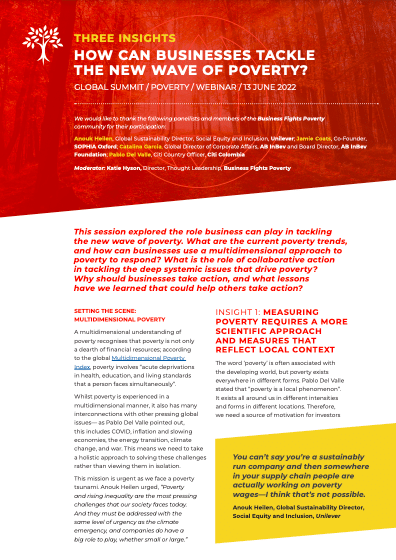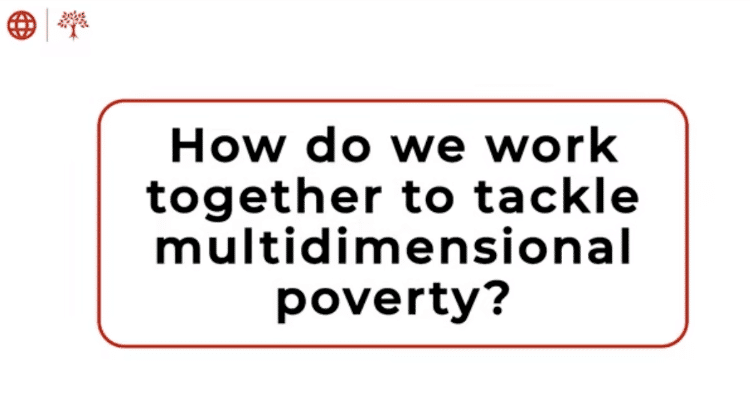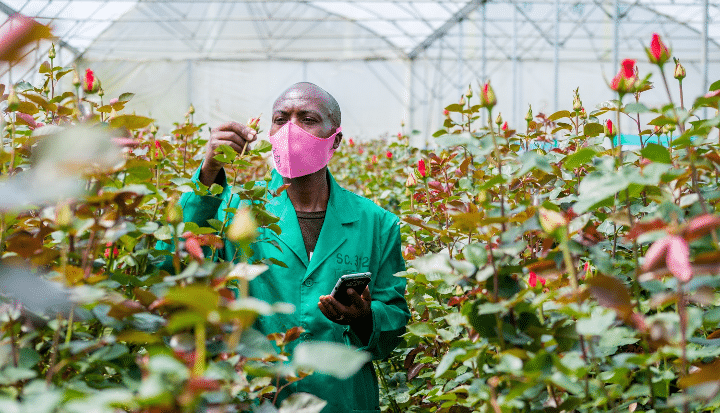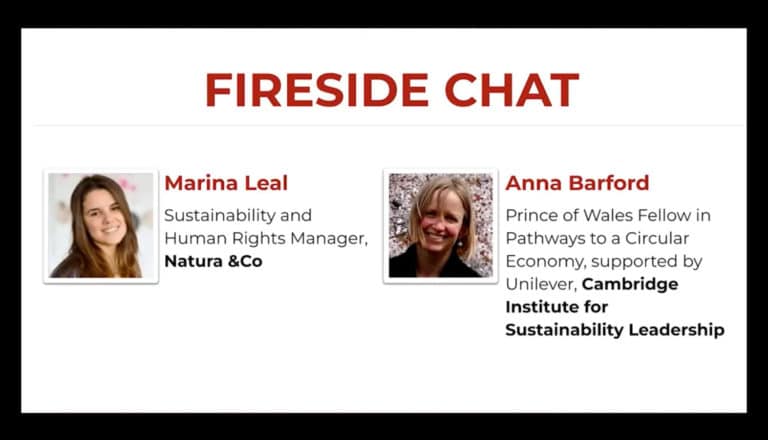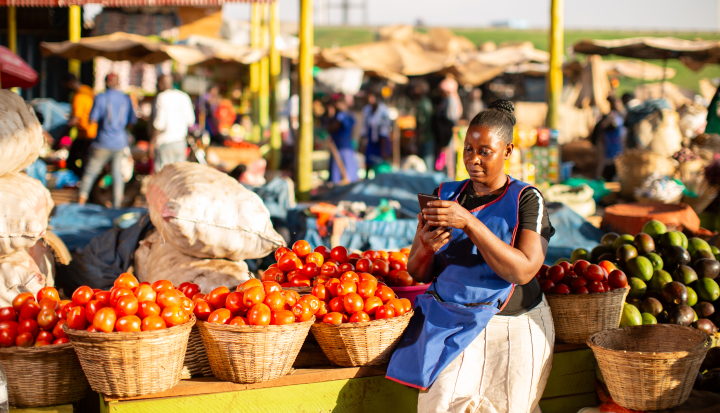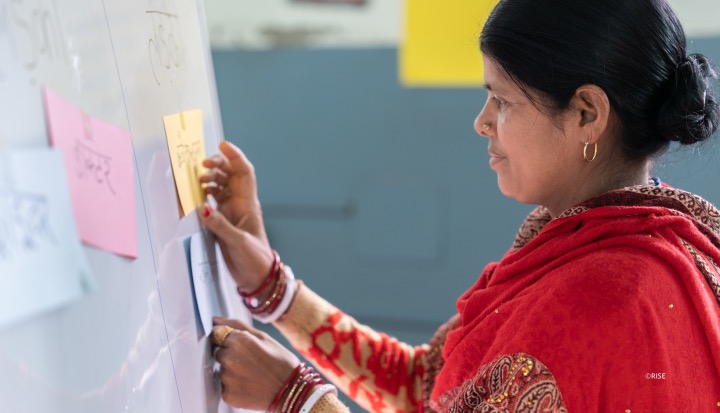Learning zone
Poverty
Resource Kits
Explore our issue-based resource kits with downloadable, co-created learning resources. Everything you need to inform your organisation’s social impact strategy and stay ahead of emerging social impact trends.
This Resource Kit includes practical tools for businesses to build Partnerships for Green and Inclusive Growth, unlock the benefits of integrating social and environmental goals, and enhance supply chain resilience through collaborative efforts for sustainability and improved nutrition.

Building future fit partnerships for green and inclusive growth

Green and Inclusive Partnership Examples

Partnering for Green and Inclusive Growth with FCDO
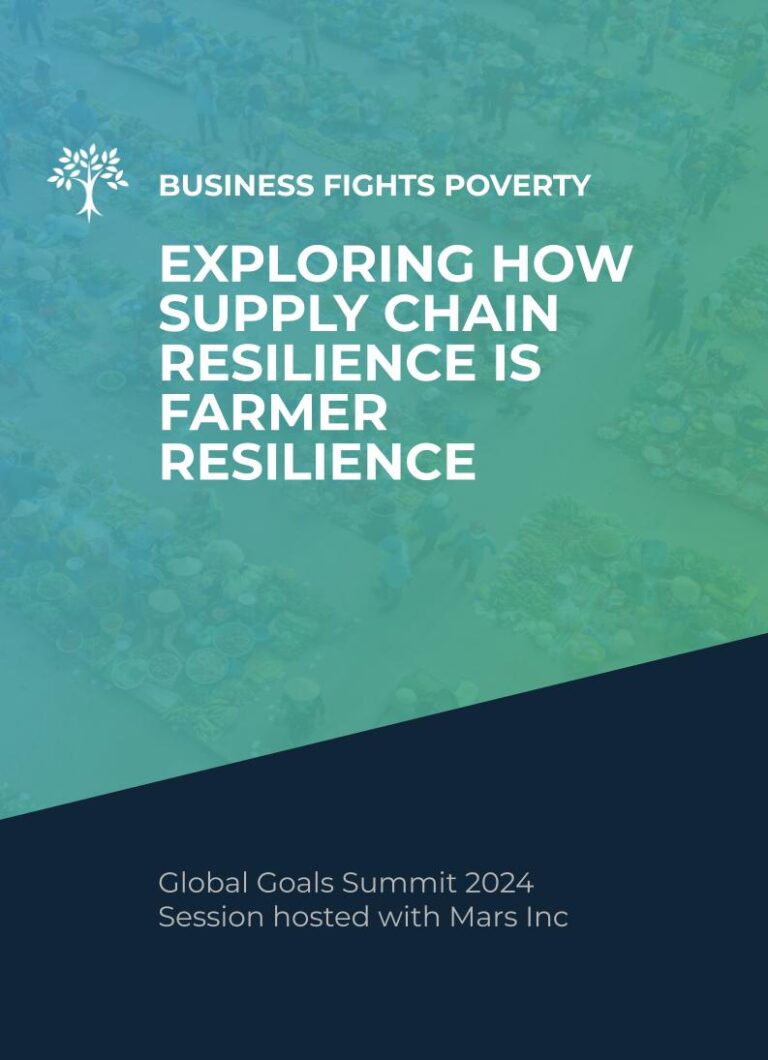
Supply Chain and Farmer Resiliency

How Business Can Unlock the Benefits of Integrating Social and Environmental Goals

Acting Together for More Nutritious Food

The View on Partnership from Global South Business Leaders
This Resource Kit, supported by Pearson, includes practical tools for businesses to support the lives, livelihoods and access to learning of the most vulnerable people and communities affected by the poverty tsunami.

A briefing paper exploring the current confluence of challenges and the role businesses can and should play: Facing the Poverty Tsunami Briefing paper
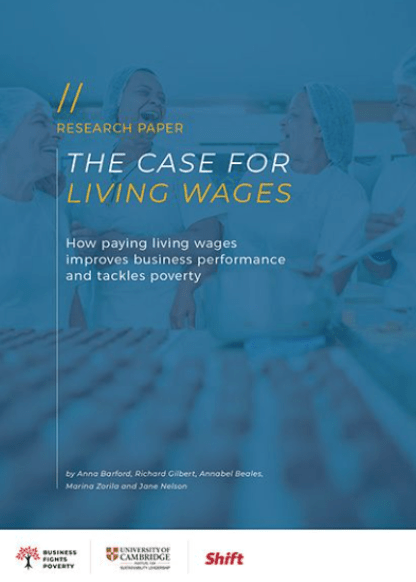
A report demonstrating a new perspective on how paying living wages benefits companies, workers and society: The Case for Living Wages report
Learn from a panel of experts in this live webinar: How can businesses tackle the new wave of poverty?
Learn from a panel of experts and members of the BFP community in this live workshop: How do we work together to tackle multidimensional poverty?

Insights from our live workshop: How do we work together to tackle multidimensional poverty?
This Resource Kit on living wages offers a multifaceted exploration of the concept, benefits, and implementation strategies of living wages globally. It serves as an essential guide for businesses, policymakers, and individuals interested in understanding and advocating for living wages.

A report demonstrating a new perspective on how paying living wages benefits companies, workers and society: The Case for Living Wages report
Learn from a panel of experts in this live Fireside Chat: How do we build a living wage movement?



